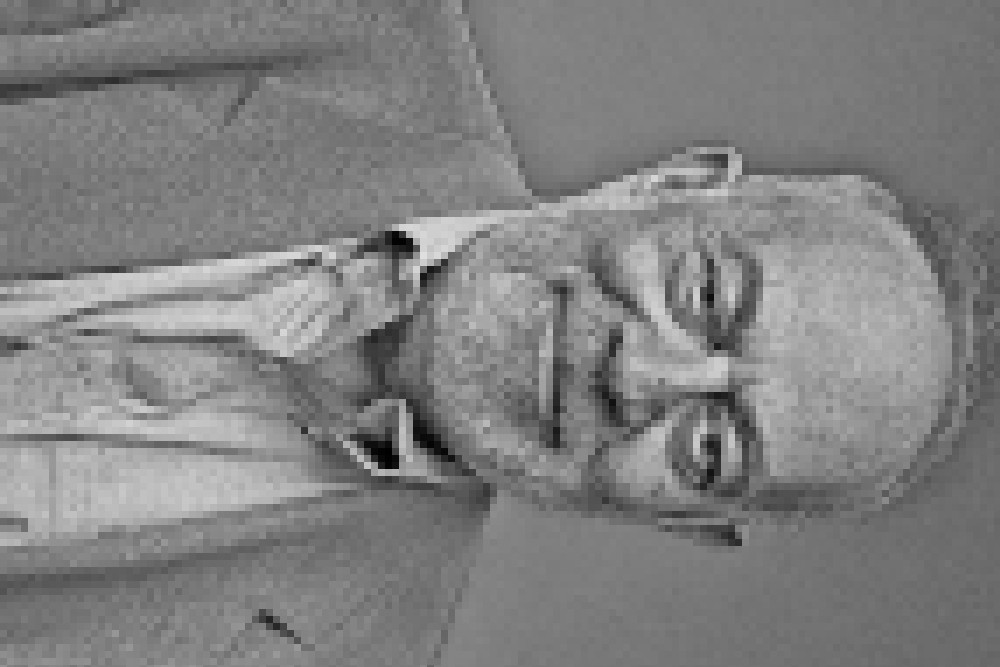January 1, 2021
Harry G. Frankfurt’s essay “On Bullshit” was originally published as an essay in the 1980’s. In 2006 it was republished as a pocket-sized, less than one hundred page shotgun shell of expert insight. His prose is so precise, so accessibly prescient and prophetically successfully it’s difficult to not pass on a few delicate morsels, offer some reflection, then suggest—no, urge—you to buy it for less than $10 and read it in one hour, twice.
Frankfurt’s essay interrogates the differences between truth telling, lying, and bullshitting. His sights lie on introducing a more sophisticated theory for understanding what bullshit is and why we do it. His words are more valuable now than ever.
“Both in lying and in telling the truth people are guided by their beliefs concerning the way things are. These guide them as they endeavor either to describe the world correctly or to describe it deceitfully. For this reason, telling lies does not tend to unfit a person for telling the truth in the same way that bullshitting tends to. Through excessive indulgence in the latter activity, which involves making assertions without paying attention to anything except what it suits one to say, a person’s normal habit of attending to the ways things are may become attenuated or lost.”
“[The bullshitter] does not reject the authority of the truth, as the liar does, and oppose himself to it. He pays no attention to it at all. By virtue of this, bullshit is a greater enemy of the truth than lies are.”
This excerpt encapsulates Frankfurt’s conclusions on the differences between these different forces. But still—as he puts it—“why so much bullshit?”
“Bullshit is unavoidable whenever circumstances require someone to talk without knowing what he is talking about. Thus the production of bullshit is stimulated whenever a person’s obligations or opportunities to speak about some topic exceed his knowledge of the facts that are relevant to that topic. This discrepancy is common in public life, where people are frequently impelled—whether by their own propensities or by the demands of others—to speak extensively about matters of which they are to some degree ignorant. Closely related instances arise from the widespread conviction that it is the responsibility of a citizen in a democracy to have opinions about everything, or at least everything that pertains to the conduct of his country’s affairs. The lack of any significant connection between a person’s opinions and his apprehension of reality will be even more severe, needless to say, for someone who believes it his responsibility, as a conscientious moral agent, to evaluate events and conditions in all parts of the world.”
On Bullshit by Harry G. Frankfurt (2006)
This is where Frankfurt helps my thoughts walk more precisely around our current situation.
Although the state of global affairs is at least as complex and dynamic as it has always been—if not more—the appearance of access to an unprecedented amount of instantaneous data presents each individual an overwhelming mass of information. Conceivably, any one of us should have the tools we need to collate all the data into coherent representations of the truth of the matter. The sheer force of this mass is so monumental that one can only believe the answers to all life’s questions must lie in the galaxy of data, in its proper arrangement and proper utilization. To admit that answers do not lie in an accumulation so vast and seemingly infinite, towering far above the human scale of things, is a crushing, nihilistic defeat. Each conscientious citizen, out of a democratic moral obligation, is tasked with a Herculean effort.
Soon after Frankfurt’s work was republished (2006), traditional media began to gave way to social media which closed the loop on the hegemony of bullshit. The conscientious citizen was given access to even more instantaneous, accessible circuits of information drilling all the way down to the most mundane quotidian bits. As responsible citizens moved by our democratic impulse to have an informed opinion about everything we were compelled to answer the call and present our convictions as media itself. Traditional media obliged us, inscribing the opinions of everyday citizens in the news and information cycle. Once the media cycle became entirely instantiated with bullshit the individual was even more empowered to believe that their opinion was educated and informed in comparison.
“Democratizing” media instantiated a vacuous informational cyclone which is no longer swayed by the authority of the truth, or the divine right of the people but by the unyielding ruthlessness of bullshit.
Now, millions of virtuous citizens perform their democratic responsibility daily, following the righteous moral calling to give their opinion about everything without knowing much of anything.
What is happening is not a democratically informed electorate answering the insistent call of truth and justice but rival factions warring to institute a preferred hegemony of bullshit.
“Democracy,” in a certain sense, becomes more feasible as people are given more powerful tools which buttress the moral obligation to remain informed and engage likewise. On the other hand, a renewed interest in traditional “republicanism” is no surprise. Most everybody thinks we disagree because others have either collated the same information differently, or are collating different information. If you refuse to engage my sources or conclusions you are either ignorant or malevolent. If we disagree you are either morally bankrupt, brainwashed, or an idiot. How can democracy—no, any heterogenous society survive—if this our intellectual infrastructure for disagreement?
The short answer is, it cannot.
It’s so obvious why everyone we disagree with is wrong. It’s far less obvious why everyone we agree with is correct.




